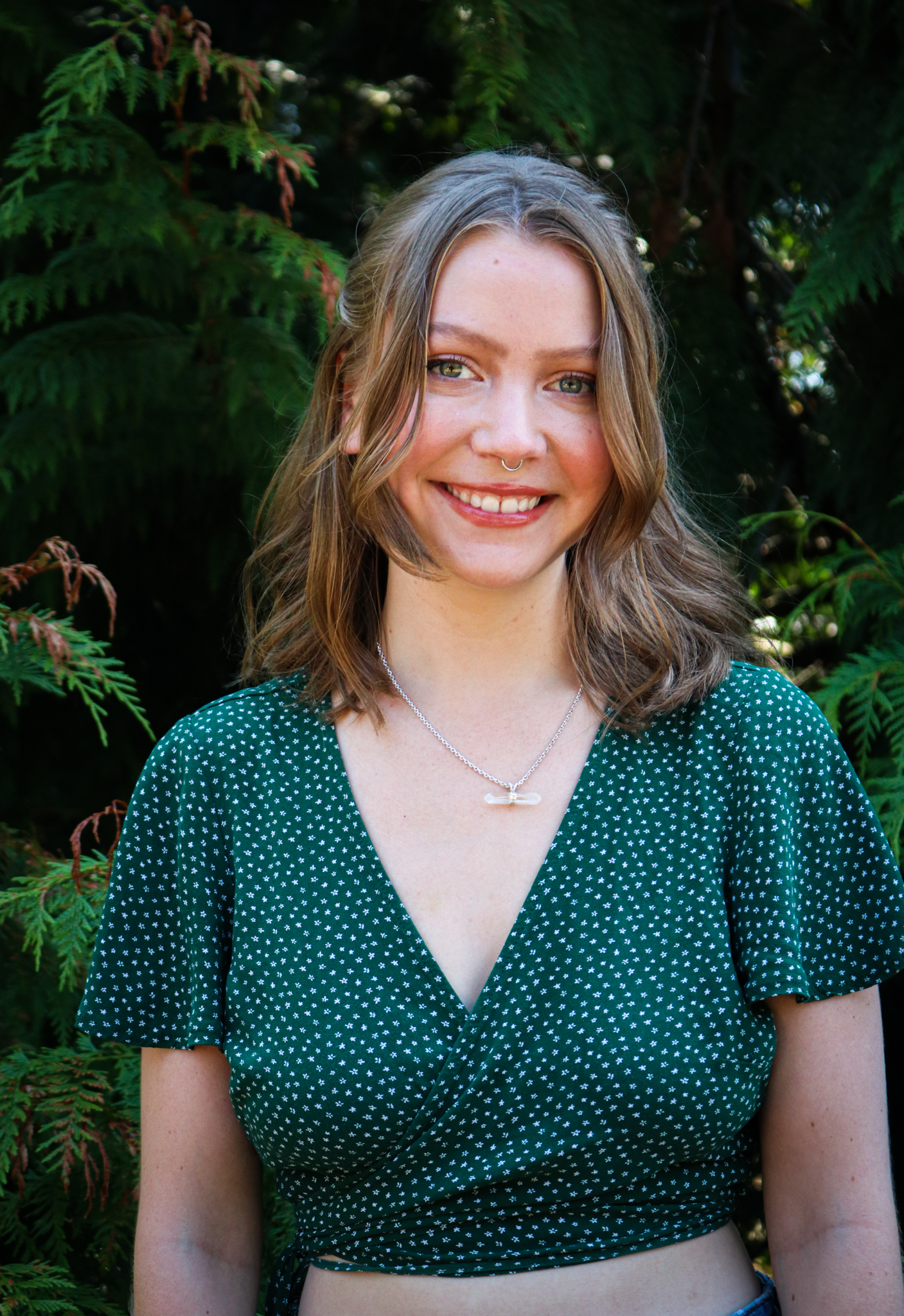As students near the last half of the semester, it is time to bundle up and buckle down on workloads. November is an intense month for those in the academic world, but it can also offer a breath of fresh air for writers pursuing numerous challenges within National Novel Writing Month.
NaNoWriMo began in 1999 as a writing challenge in which participants write 50,000 words in 30 days. According to adjunct faculty of English at WSU Vancouver, and English teacher at Evergreen Public Schools, Steve Massart, generally, novels are defined as works with over 40,000 words or more. The writing challenge is meant to be a jump-start for those who wish to start longer-length works, regardless if they intend to publish. The rough draft is the main goal, and working toward it can be a daunting yet ultimately rewarding challenge.
Many English teachers, both secondary and university-level, use NaNoWriMo as a tool for teaching students how to engage with long-form writing. Massart offers NaNoWriMo as a project for both VanCougs and high school students, encouraging them to pursue their own creative writing goals.
“Writing instruction often becomes quite limited, but there are so many opportunities for dynamic learning through writing. The barriers between reading and writing get lost when we aren’t sure ourselves how to write. I think everybody who teaches English should do NaNoWriMo because of the education it gives us on how to approach writing and ultimately how to approach teaching,” Massart explained.

For young writers who struggle with formulaic writing, NaNoWriMo encourages students to explore different styles of writing. Complexity and structure, according to Massart, are the challenges of lengthy stories, but also an opportunity for growth in writing. Authors engaging in the activity can explore any genre they may be interested in.
Andrea Jimenez-Perez, an English major participating in NaNoWriMo, hopes to share her experience as a first-generation immigrant with young people who may be able to relate to her story, and looks forward to working on a story she’s never had the time to pursue previously.
“[My story] is an idea that I’ve always had in my mind. I just never had the time to actually sit down and write it. … I want to talk more about those issues of how your mentality changes as you’re thrown into an Americanized world where you know nothing about the culture and language. … I want to focus on the two different cultures,” Jimenez-Perez said.
Through NaNoWriMo, every student has the chance to grow in their personal and academic goals. As writers jump through hurdles of deadlines, writer’s block and other problems ahead, accomplishing writing a work containing 50,000 words could be the beginning of another author’s success story.

Arabelle is a senior studying English at WSU Vancouver.
